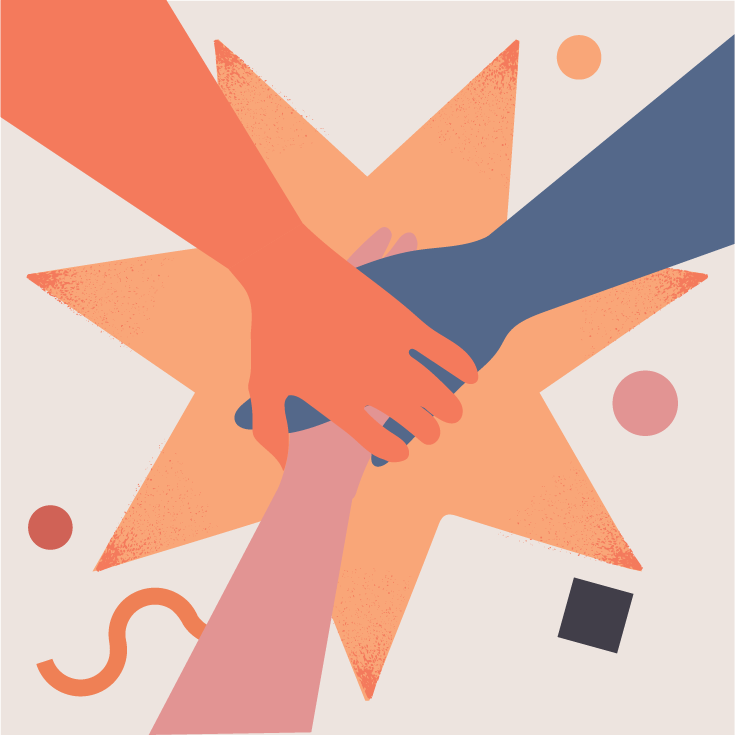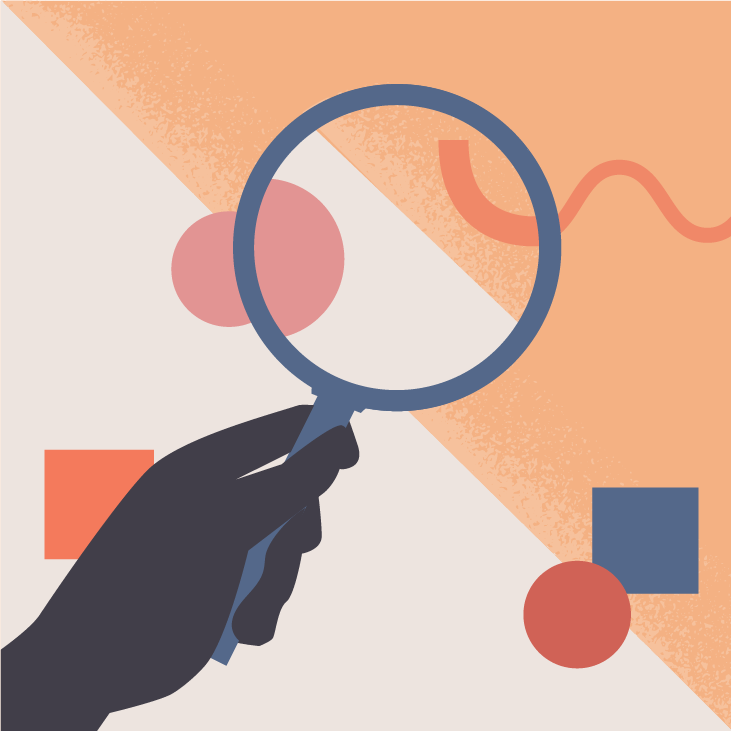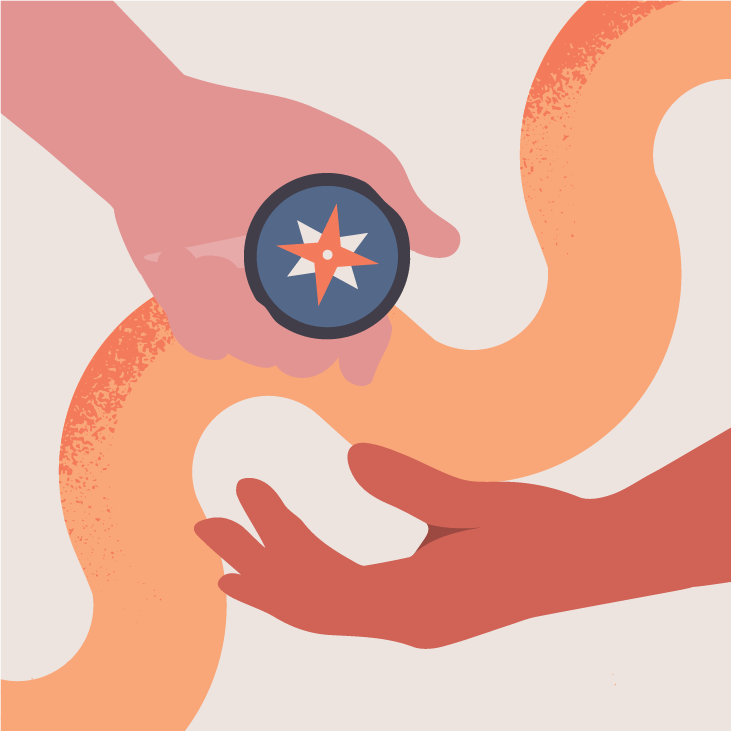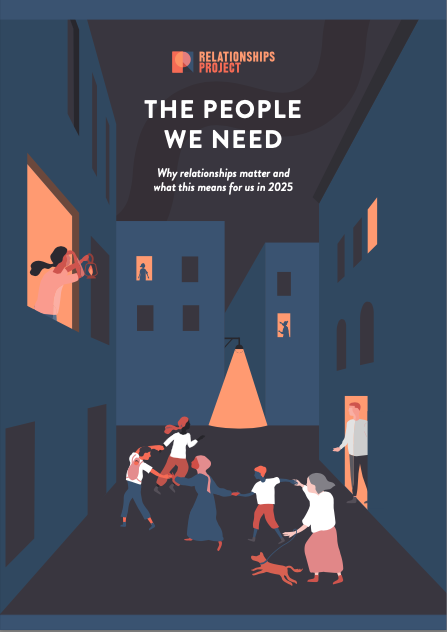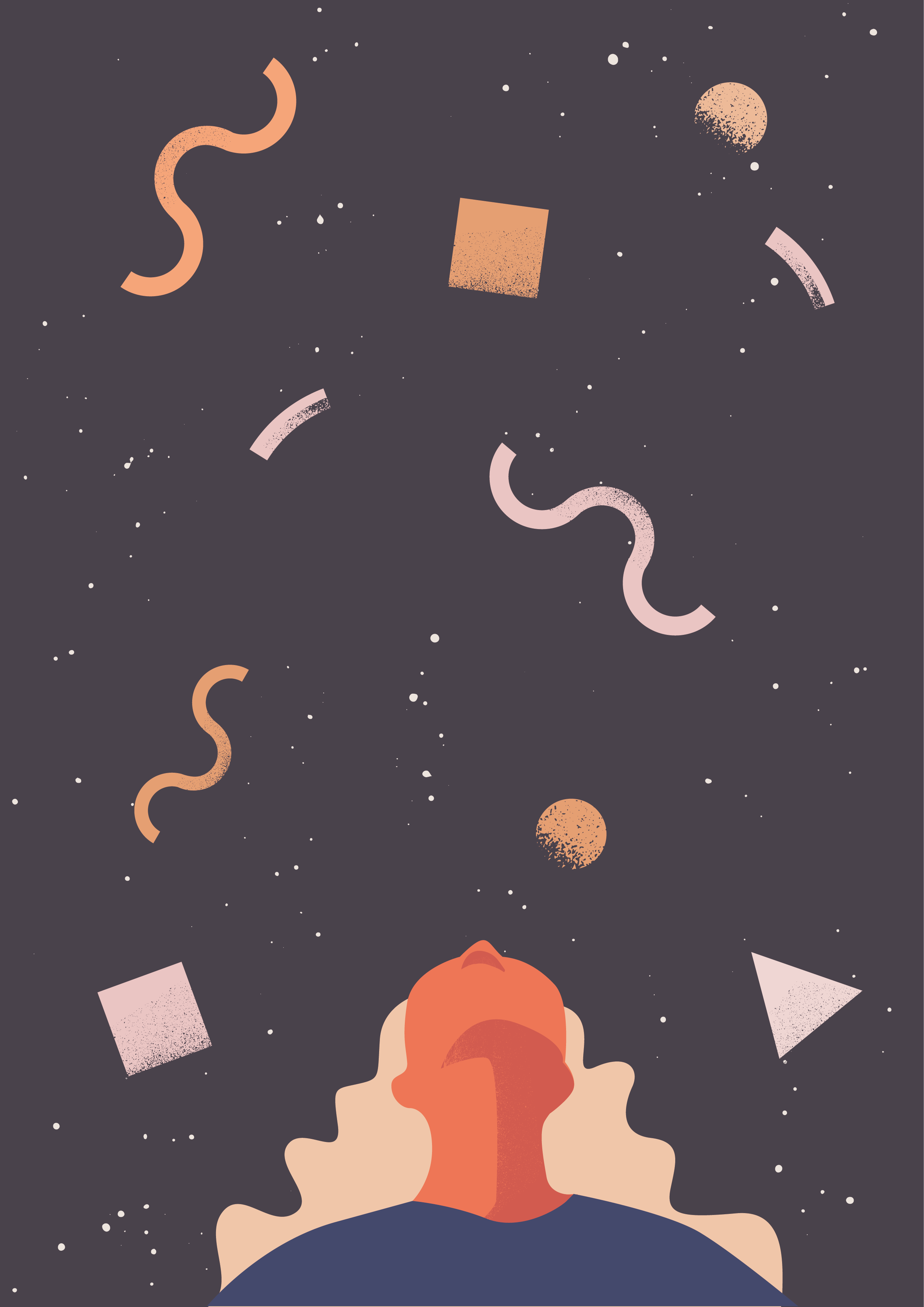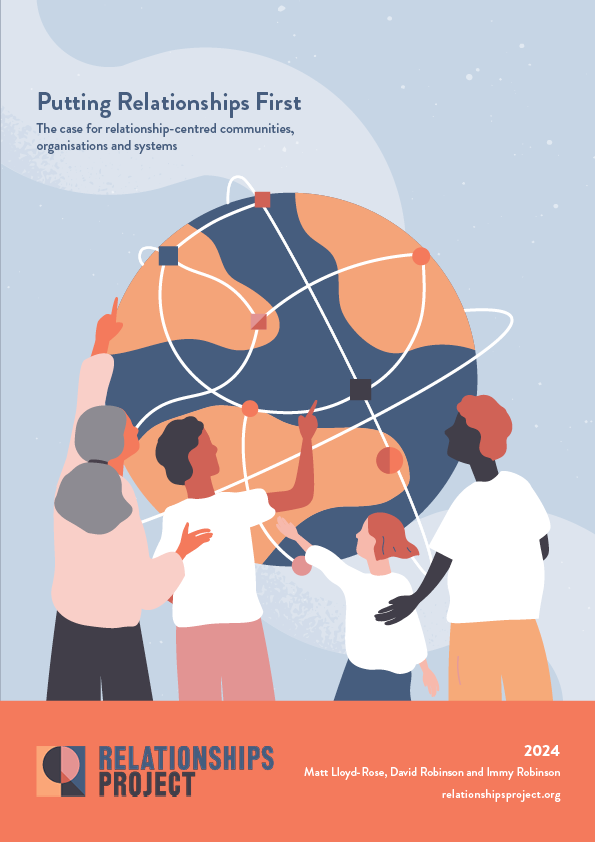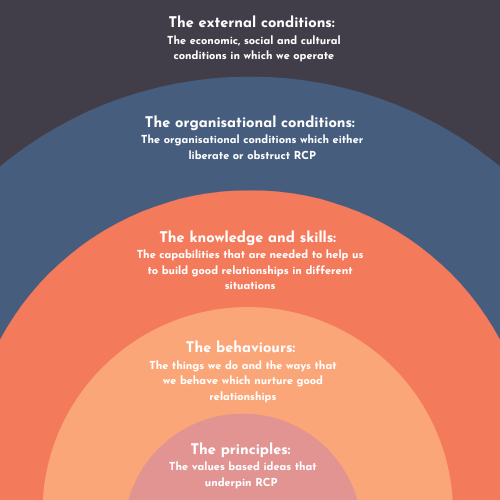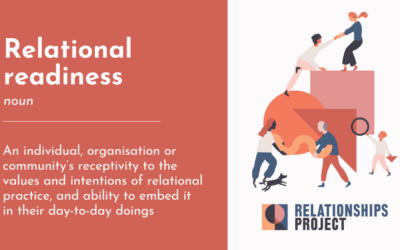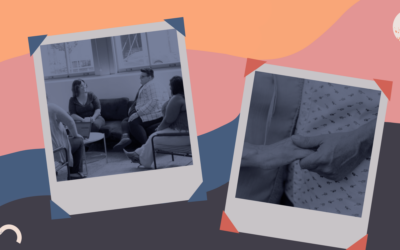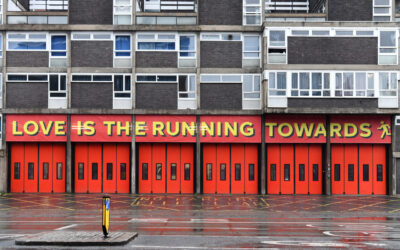
Building a better society by building better relationships
Relationships span every corner of our lives, from the places we live and work to the places we socialise and seek help. At The Relationships Project, we believe that the quality of these relationships matter. When they’re nurtured, valued and prioritised, people are happier and healthier, communities are stronger and more resilient, and businesses are more successful and efficient.
We know we’re not alone in believing this. So we work collaboratively to:
CONNECT
You are not alone.
Creating spaces for connection, conversation and shared learning about relationships.
UNDERSTAND
This is a thing.
Develop our collective understanding of relationship-centred practice, and why it matters.
EMBED
We can do this.
Translating the learning into practical tools and training for embedding relationship-centred practice.
The People We Need: Why relationships matter and what this means for us in 2025
Our relationships with one another are the foundations, the bedrock, on which all else is built. Every aspect of our lives, individually and collectively, depends on the quality and strength of our relationships. And yet UK society has consistently undervalued relationships, marginalising the evidence.
We can set a different course and build a different future – if we make the policies, create the conditions and nurture the skills that bring about thriving relationships. We need each other and we all have a part to play.
An update on our plans for a Relational Practice Academy
In David Robinson’s LSE lecture in 2023, he talked about the idea of responding to the increasing demand for knowledge about relationship-centred practice by developing a new training institution. We published a blog last autumn setting out more detail and invited readers to share their thoughts on this proposal.
Since then, we’ve conducted research interviews and held focus groups with dozens of practitioners in various areas of public and community life. These conversations have helped to develop our understanding of how a dedicated “Academy” might be structured and designed; the focus areas which it should adopt; and the role it might play in spurring a movement for a more relationship-centred Britain.
The Case Maker: Making the case for relationship-centred communities, organisations and systems
Few people argue that relationships don’t matter, but many feel they don’t have the time, capacity or permission to prioritise them.
The Case Maker assembles the evidence base for putting relationships first, describing why relationships matter, what great relationship-centred practice looks like, and how it could make an impact in your context.
A World of Good Relationships
How are we to heal divided communities, to respect difference, trade fairly, care for the displaced, respond to crises, or share the natural world? How are we to live together? More than ever, the big questions that we face are all about relationships.
On 31st October 2023, David Robinson was invited to give a public lecture at LSE to tell the unfolding story of our work, with responses from Kirsty McNeill and Gemma Mortensen. You can watch it below (please note you need to have a verified YouTube account to watch it), read a transcript here, access the slides here and follow the Twitter conversation here.
The Relationships Map
The Relationships Map is a space for anyone who believes in the importance of relationships to find one another, share ideas and resources, feel part of something bigger, and realise more than the sum of our parts.
What do we mean by Relationship-Centred Practice?
Relationship-Centred Practice (RCP) puts relationships first. It unlocks potential and meets need by positioning meaningful and effective relationships as the first order goal, both an end in itself and the means by which other goals will be achieved (like better health, stronger communities, greater job satisfaction).
RCP is determined as much by the policy environment and organisational protocols as by the characteristics and values of the practitioner. For RCP to become widespread and embedded there needs to be focus, intention, investment and support at multiple layers of an organisation, a community or a system.
Highlights from our work
The Relationships Heatmap
Find the areas of strength and areas for improvement in your relationship- centred practice with The Relationships Heatmap – an interactive diagnostic tool you can use on your own or with others.
Bridge Builders' Handbook
Learn how to build bridges across divides in your community or organisation using our step-by-step guide, developed with experts in conflict transformation and community mediation.
The Moment We Noticed
Cast back to the early stages of the Covid-19 pandemic and remember the shifting attitudes and behaviours. How could these lead to more profound change in how we live together?
Latest from the blog
Relational readiness
In brief As our plans to establish a Relational Practice Academy take root and grow, we’ve been thinking about ‘relational readiness’. In this blog, we share why we believe it to be an important concept, and ask for your thoughts on the markers of an organisation,...
A birth and a knock to the head
When we’re unwell, how does the compassion that healthcare workers give (or fail to give) shape our experiences and health outcomes? In this blog, Rosa explores these questions, and shares two personal experiences that have shaped her thinking - (accidentally) giving...
Four signs: Love is the running to strangers
In this short, personal blog, David reflects on the power of kindness, and runningthrough fire.Early one morning "I’m leaving today." "Leaving?" I said, puzzled by the early morning call and pushing back sleep, "Where are you going?" "Leaving," she said slowly,...

